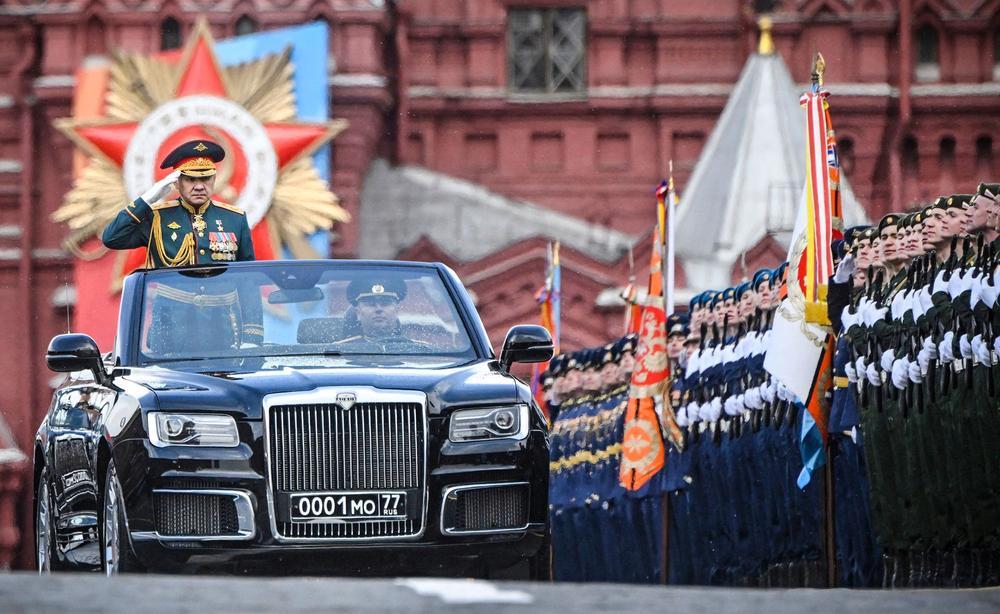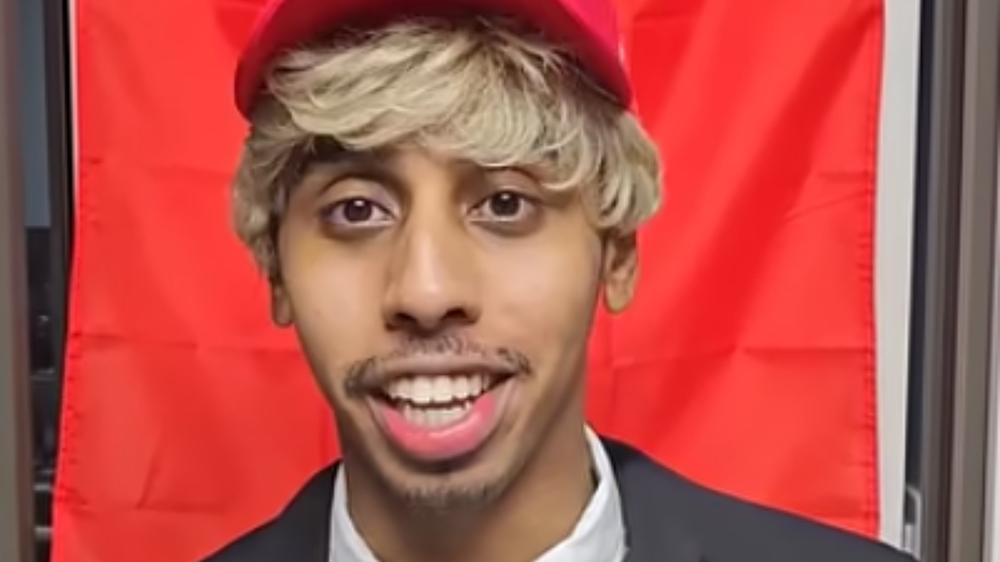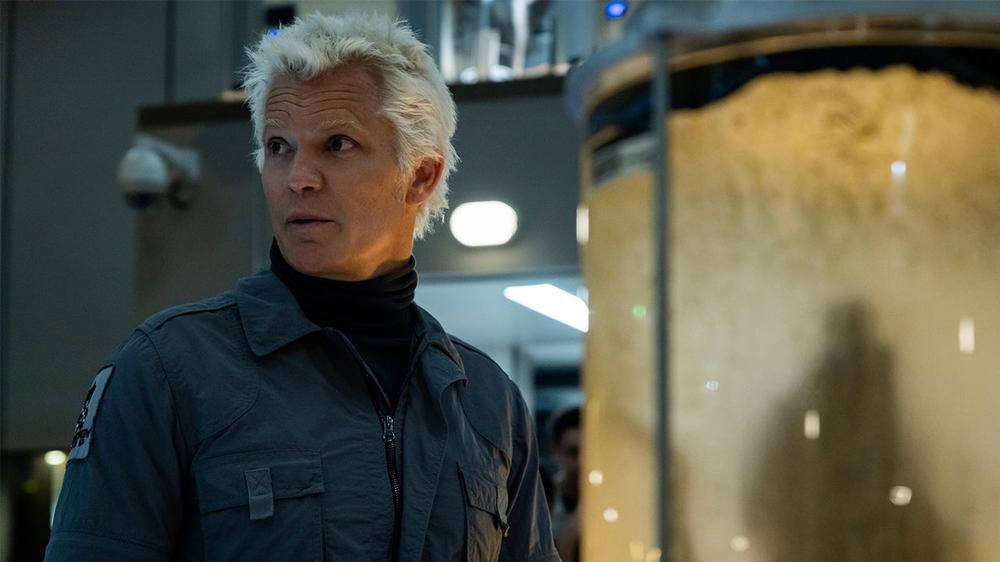When war rages on the front line — with trenches, tanks, drones, and rockets — it is visible. But a far more dangerous war is fought where it goes unnoticed: in negotiations, in memoranda, in the emphasis on ethnic grievances and cultural claims.
This is the war Russia has been waging for decades. On Feb. 24, this war merely changed its form.
In a recent interview with Hungarian journalists, Russian Foreign Minister Sergey Lavrov mentioned that Russia and Hungary have a “shared problem” — namely, the alleged persecution of national minorities in Ukraine.
Speaking in the worst traditions of colonial empires, the Russian diplomat denied the very existence of Ukrainian statehood, portraying Ukraine instead as a mere territory where it is necessary to “protect” Russians, Hungarians, Romanians, Poles — whoever it takes, as long as it helps justify occupation.
This is precisely the same logic Moscow used to justify the annexation of Crimea and to ignite the war in eastern Ukraine. Quite recently, during a speech at the Inter‑Parliamentary Union forum in Geneva, Russian Parliament Speaker Valentina Matviyenko justified the Kremlin’s war against Ukraine by claiming that Russia sought to stop the killing of people in the Donbas, a historic region now consisting of Ukraine’s Donetsk and Luhansk oblasts.
In 2014, during the annexation of Crimea — before any fighting had even broken out in eastern Ukraine — Russians justified their aggression by claiming they were “protecting” the people of Crimea from some mythical “nationalist onslaught.”
As we can see, there is always a pretext for war.
And it is precisely this logic that lies at the core of the Kremlin’s hybrid strategy — a strategy aimed at dismantling European unity, discrediting the European Union, and destroying the very idea of European integration Not through military force, but by supporting fringe elements, colluding with “useful idiots,” and reopening old historical wounds.
It once began in the Balkans — the wars and ethnic conflicts on the territory of the former Yugoslavia, the backing of dictator Slobodan Milosevic with his mantra that “all Serbs must live in a single state,” and further promoted by Bosnian Serb leaders Radovan Karadzic and Ratko Mladic.
In the end, the Srebrenica massacre paved the way for that of Bucha. Yet, even after the wars in the region ended, Moscow did not stop.
One of the most striking examples is North Macedonia. Russia did everything in its power to keep Nikola Gruevski in the prime minister’s chair — an wanna be autocrat with a corrupt background who sought to plunge the country into chaos in order to block its accession to NATO.
When that failed, he fled — not just anywhere, but to Hungary.
There, he found refuge with Viktor Orban, a chauvinist in his own right. Today, Orban blocks aid to Ukraine, attacks NATO, bargains for discounts on Russian gas, and at the same time presents himself as a defender of the Hungarian minority in Ukraine — but only on terms that echo the Kremlin’s rhetoric.
The Kremlin acts with precision and consistency, exploiting any inter-state dispute to undermine trust in the European project. It is always ready to back chauvinists, so long as they oppose Brussels. It invariably invokes minority rights whenever doing so can set neighbors against each other. And in every country, it manages to find its “useful idiots” — those who play the part of loyal allies while refusing to acknowledge that they are merely instruments in a much larger game.
Such hybrid attacks are no less dangerous than missiles. They undermine the foundations of the democratic world from within. They project an image of the EU as an ineffective entity, unable to protect itself and those who support it.
In this regard, the position of Hungarian opposition leader Peter Magyar — head of the Tisza party, now eyeing victory in the upcoming parliamentary elections — is highly telling. He has begun speaking out against fast‑tracking Ukraine’s accession to the EU and against the new European budget. Magyar cannot afford to alienate voters who once backed the Hungarian prime minister. And that makes the point: even with a change in government, Hungary could still be a problem for Europe — albeit a less serious one than it is today.
Can we resist this? Yes — but only when we stop underestimating the threat. Only when we realize that Putin is not only playing on the Ukrainian front. His goal is for united Europe to collapse once and for all, to discredit the European project, and weaken the collective West.
Resilience against this hybrid war begins with awareness — with the ability to detect manipulation. It begins with a clear European stance on minority issues, free of double standards. And above all, it begins with the understanding that Europe’s unity is defended not only in the trenches of the Donbas, but in every city, every parliament, every interview.
Appeasing an aggressor does not work. And today, we must understand that appeasing the aggressor’s “useful idiots” leads to the same results — chaos and defeat.
Editor’s Note: The opinions expressed in the op-ed section are those of the authors and do not purport to reflect the views of the Kyiv Independent.

 Johnny Somali pleads guilty to criminal charges with new trial date set
Johnny Somali pleads guilty to criminal charges with new trial date set